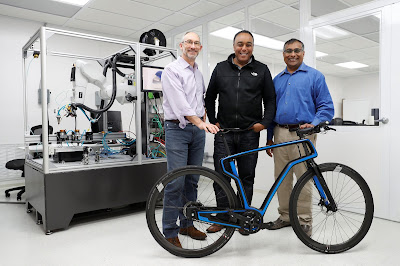Young, in Debt and (Maybe) Holding Back on Purchases

From eMarketer Retailers still trying to unlock the question of millennial spending patterns, take note: Millennials are sagging under a heavier debt load than Gen Xers faced at this point in their economic lives. It's the makeup of that debt gap that hints that millennial spending might not be unlocking anytime soon. Gen X had more mortgage debt than millennials, while millennials have more education debt than Gen X. A research paper published by the Federal Reserve Bank of St. Louis compared the overall finances of millennials in 2016 to Gen Xers in 2001. It found that millennial households in 2016 had an average net worth of about $90,000 vs. $130,000 for Generation X households in 2001. Millennials, it noted, had fewer assets and more debt. The combination of education debt and a lower level of investment in real estate could hold back spending on a host of items, from furniture to hardware to garden supplies.




